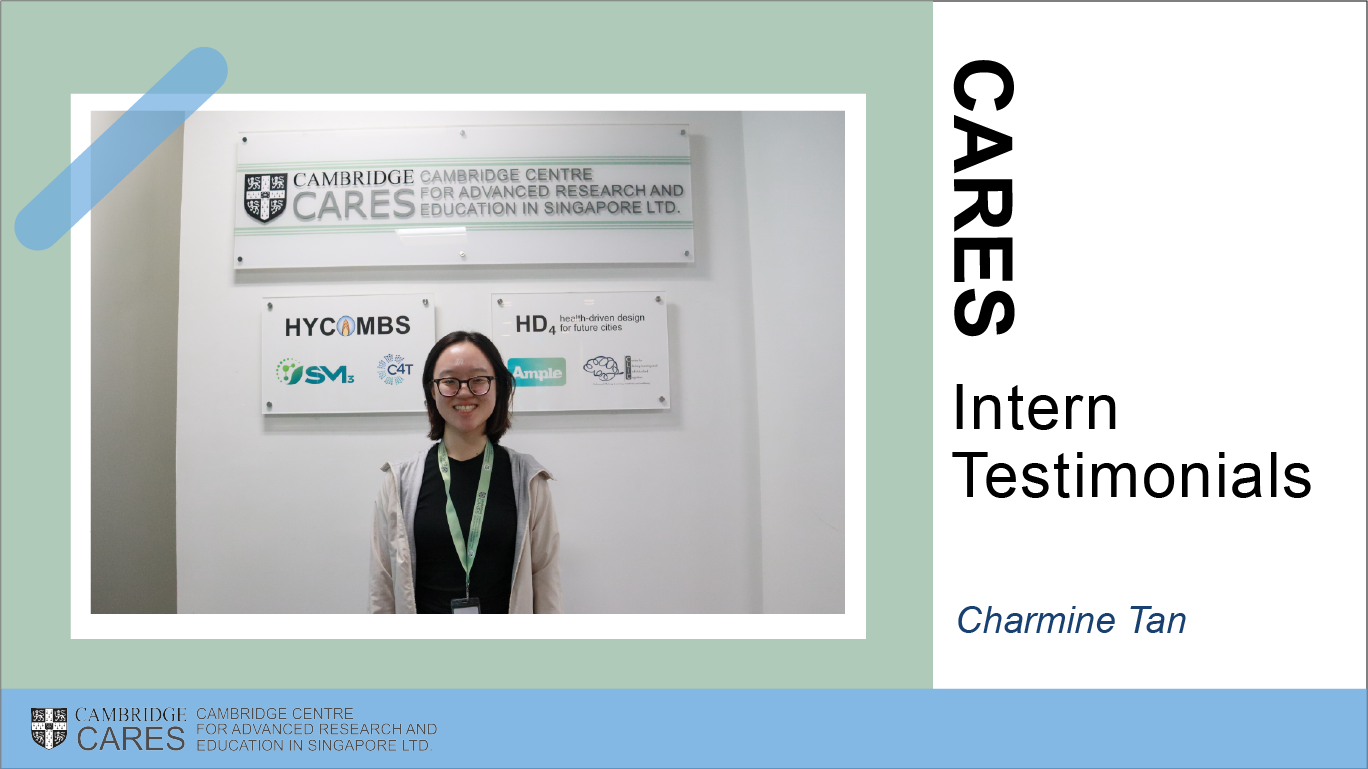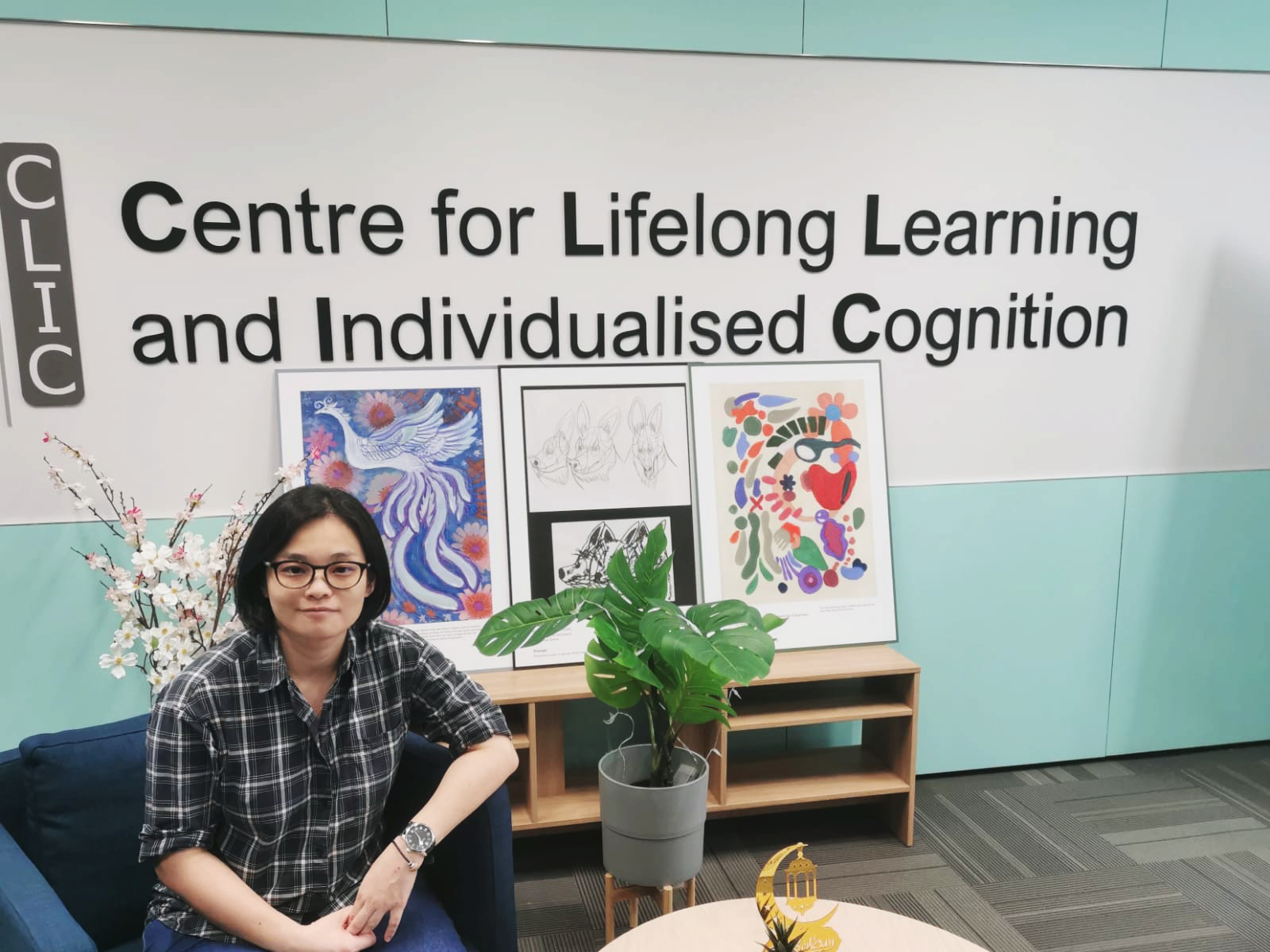Researchers from Cambridge University and ETH Zürich team up to transform the city master-plan in Singapore
Cities are rapidly evolving to meet the challenge of accommodating over 2.5 billion people by 2050, along with the growing (and often competing) demands for housing, business, leisure, mobility, energy and ecology. Diverse expertise and data is needed to effectively plan and design more sustainable cities of the future.
Cambridge CARES and the Singapore-ETH Centre are collaborating in the Cities Knowledge Graph research project to improve city planning and design. The team will jointly develop a digital knowledge management platform that combines diverse and large volumes of data on cities to generate more reliable information for planners, designers and citizens.
Singapore is ahead of the curve when it comes to smart technologies and tapping into big data and the Internet of Things. However, city master-planning remains a complex process that draws upon diverse qualitative and quantitative inputs from many stakeholders, data-sources and knowledge domains. In reality, these diverse stakeholders and data do not always “talk” to one other.
Unlocking the full power of data for effective city planning requires a new standard of inter-operability – in other words, integrating diverse types of data to generate possible planning scenarios and designs in support of planning decisions. The Cities Knowledge Graph platform will bridge different knowledge domains for city planning (such as energy, mobility or built form), building on a collection of common languages (called ontologies) that describe concepts and their relationships.
Having established a set of common languages, the team will create a linked network (or semantic web) of knowledge domains and their associated data, and even software used in these domains. Artificial intelligence will be employed to better control information flows, uncover new patterns, and ‘learn’ by connecting the dots in a way that humans might not.
With visualisation, data analytics, simulation, and design evaluation functionalities embedded in the Cities Knowledge Graph platform, it will support experts and citizens to plan cities, districts and neighbourhoods that are more adaptable, sustainable, resilient and liveable. In the long term, city planners will be better equipped to meet complex objectives such as reducing environmental footprints, increasing the efficiency of energy use, stimulating more cohesive communities, or developing more future-proofed living environments.
Cities Knowledge Graph is supported by the National Research Foundation, Prime Minister’s Office, Singapore under its Campus for Research Excellence and Technological Enterprise (CREATE) programme. The Intra-CREATE collaborative project brings together expertise from Cambridge CARES (the Cambridge Centre for Advanced Research and Education in Singapore, established by the University of Cambridge), the host institution of the project, and the Singapore-ETH Centre, established by ETH Zurich. The team is led by principal investigators from the University of Cambridge and ETH Zürich.


